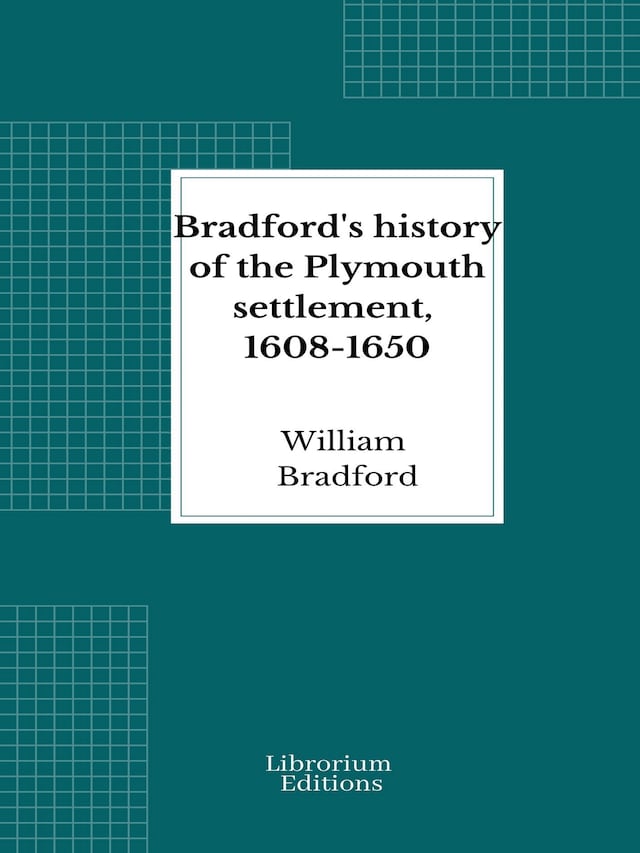
Bradford's history of the Plymouth settlement, 1608-1650

